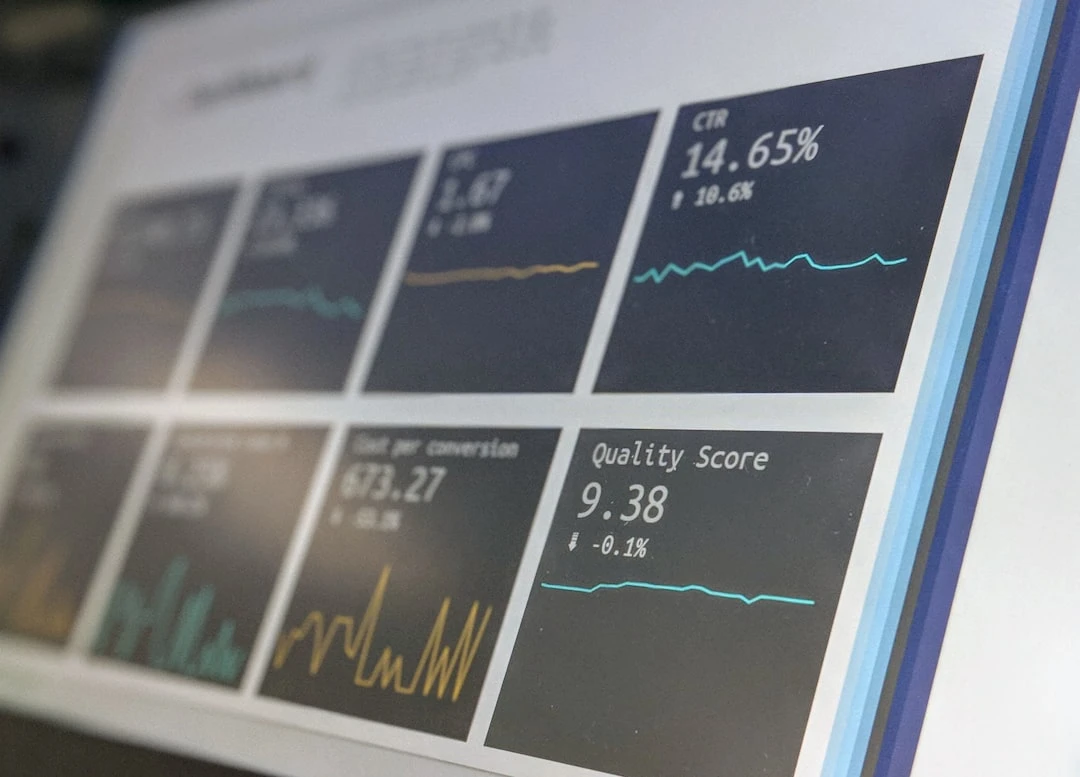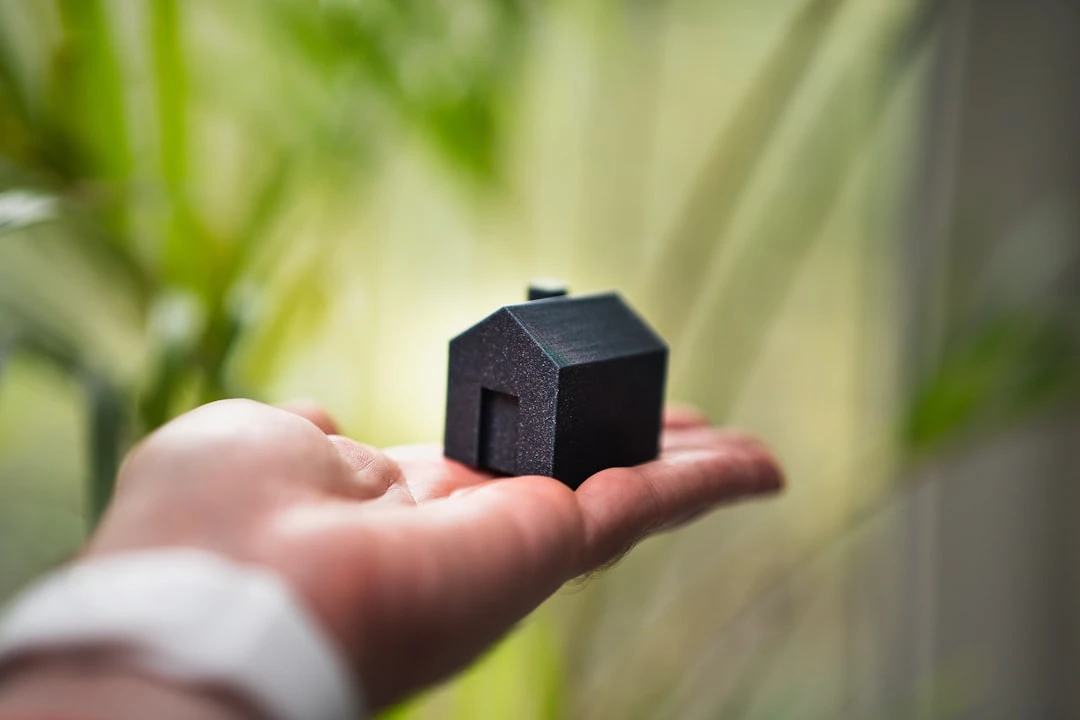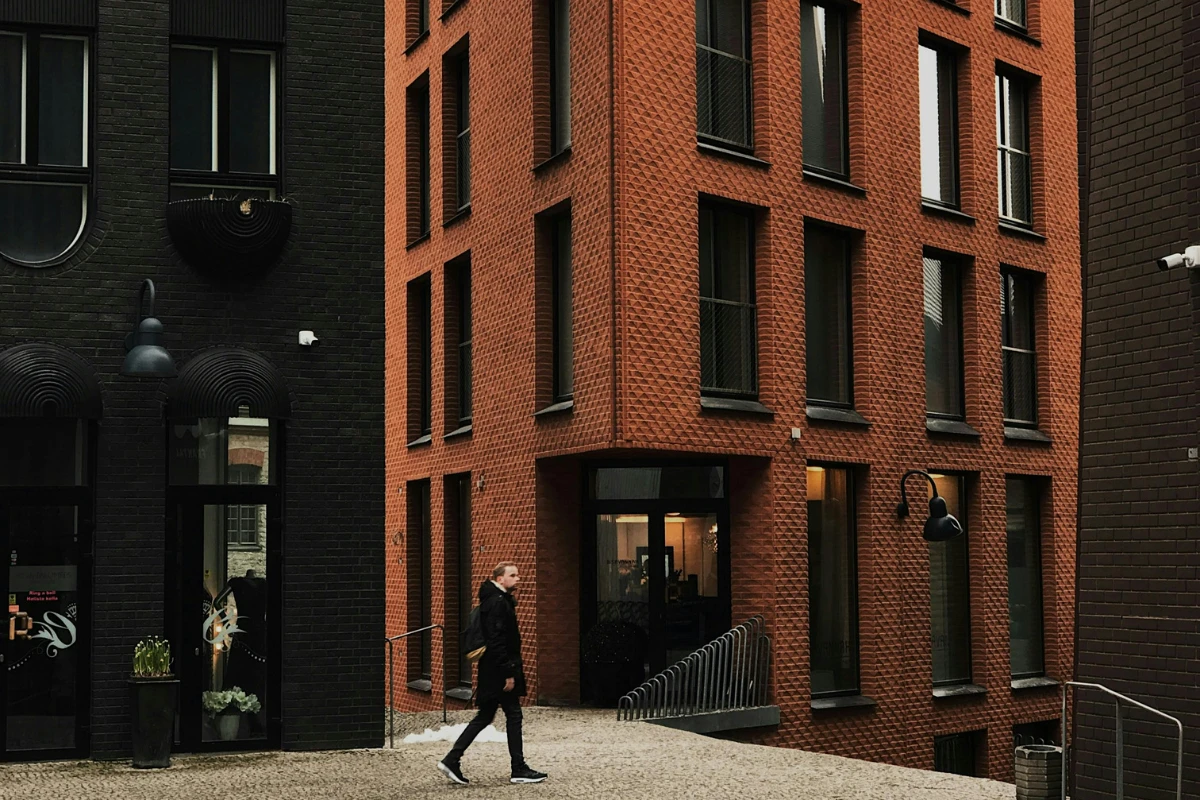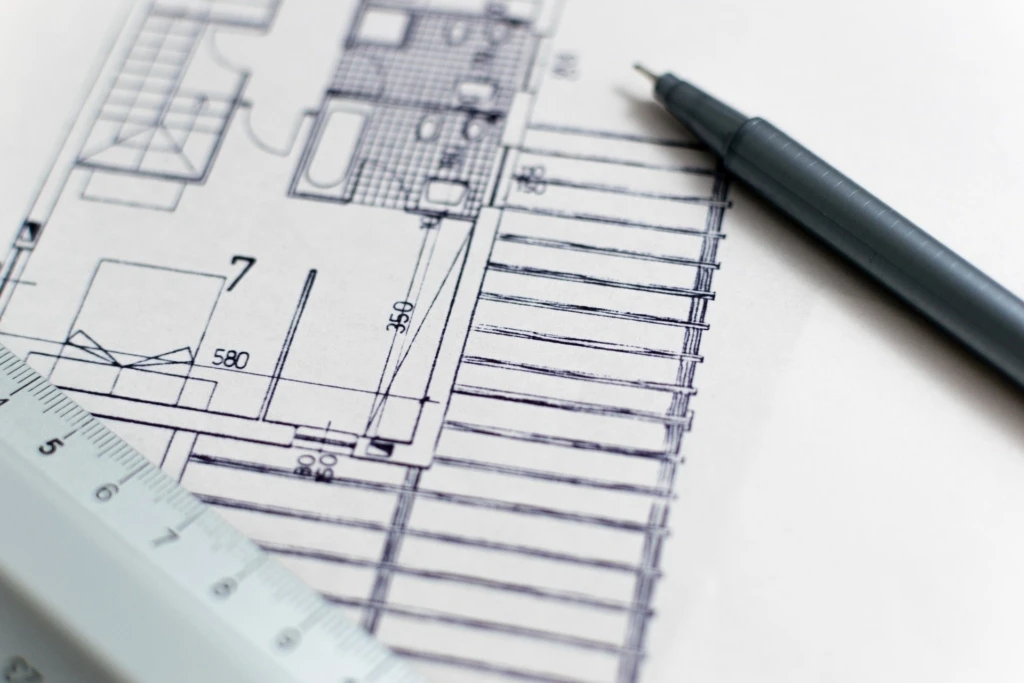What You Need to Know Before Buying Land

Thanks to rising living standards and skyrocketing apartment prices, purchasing residential land has also become more popular. Since buying land requires taking many circumstances into account, very thorough preliminary work must be done before the transaction.
In order to build your dream home and enjoy living there, you must find answers to at least ten important questions before purchasing the land.
Is access to the land guaranteed and how?
If there is no access from a publicly used road and the land can only be reached through a neighbor's property, is a right of way established for this? What is the condition of the road and who maintains it?
Are there building restrictions on the land?
You cannot build according to your wishes everywhere, especially if the land is located in a protection zone or a nature conservation restricted area. Building restrictions may also exist near water bodies, railways or high-voltage lines, and restrictions may also affect the architectural solutions or exterior finishing of the building.
How is connection to utility networks solved?
What are the options for connecting to electricity, gas, water, sewerage, telecommunications and heating networks, and how high are the connection fees? What are the options for establishing an autonomous heating system?
What is the noise level in the area and how clean is the air?
Is there a major highway nearby? Or is an airport and flight corridor passing over the land? Constant noise can be very disturbing. It is equally important that there are no factories nearby, for example, that emit unpleasant odors into the air.
How is the land positioned in relation to the cardinal directions?
With energy efficiency in mind, it makes sense to build a house on the northern edge of the land so that the terrace and most of the windows face south. Is there room for this?
Where are the nearest schools, kindergartens, and shops located?
The proximity of important institutions ensures a less stressful life – no one wants to become the "taxi" for other family members.
What are the options for using public transport?
This is also important for family logistics, and besides, public transport is much cheaper than driving today.
Who lives on the neighboring properties?
It is very important who lives on the other side of the fence – through the media we have heard of many angry disputes between neighbors. And conversely, if relations with neighbors are good, it makes the living environment more enjoyable.
How is the development of the area planned in the general or detailed plan?
What impact could the planned developments have on the future living environment?
What is the land's intended use?
Is it residential land, commercial or agricultural land? Or perhaps industrial, transportation, state defense or undesignated land? If it is not residential land, you must contact the local municipality to change the intended use. It is possible to change the intended use, but not always.
If you are looking for suitable land to build your home, it is wise to do so with a real estate agent. A real estate agent can help clarify whether the property you have noticed makes it possible to build your dream home or if it is just a piece of Estonia.
Article source: Arco Vara real estate office





